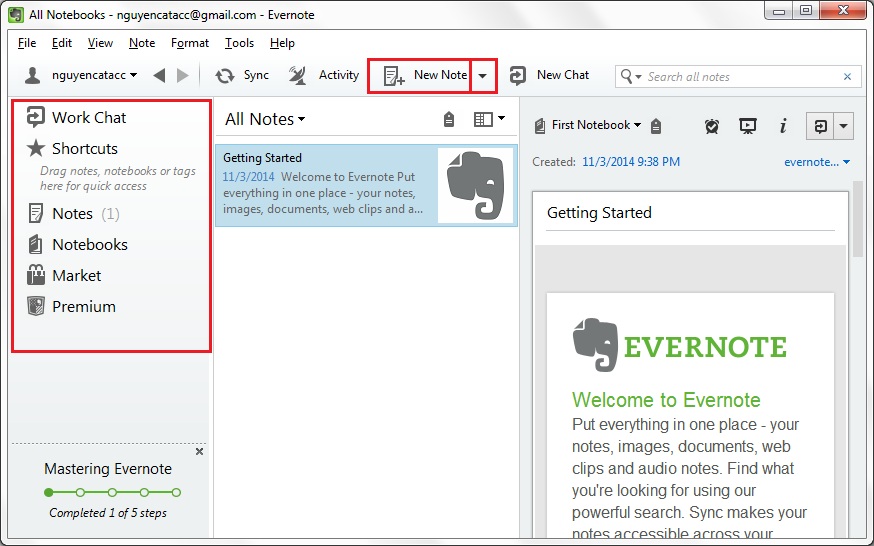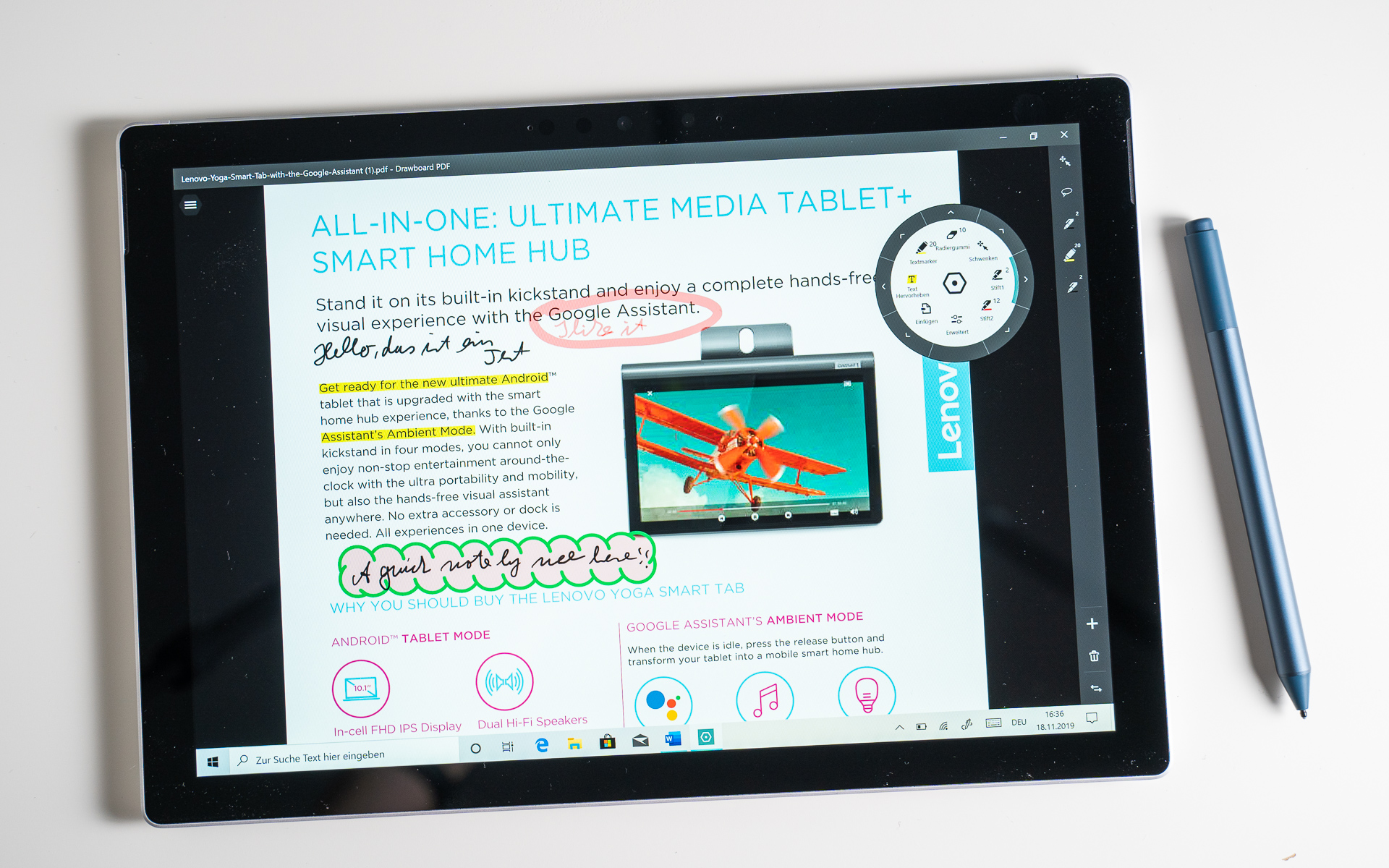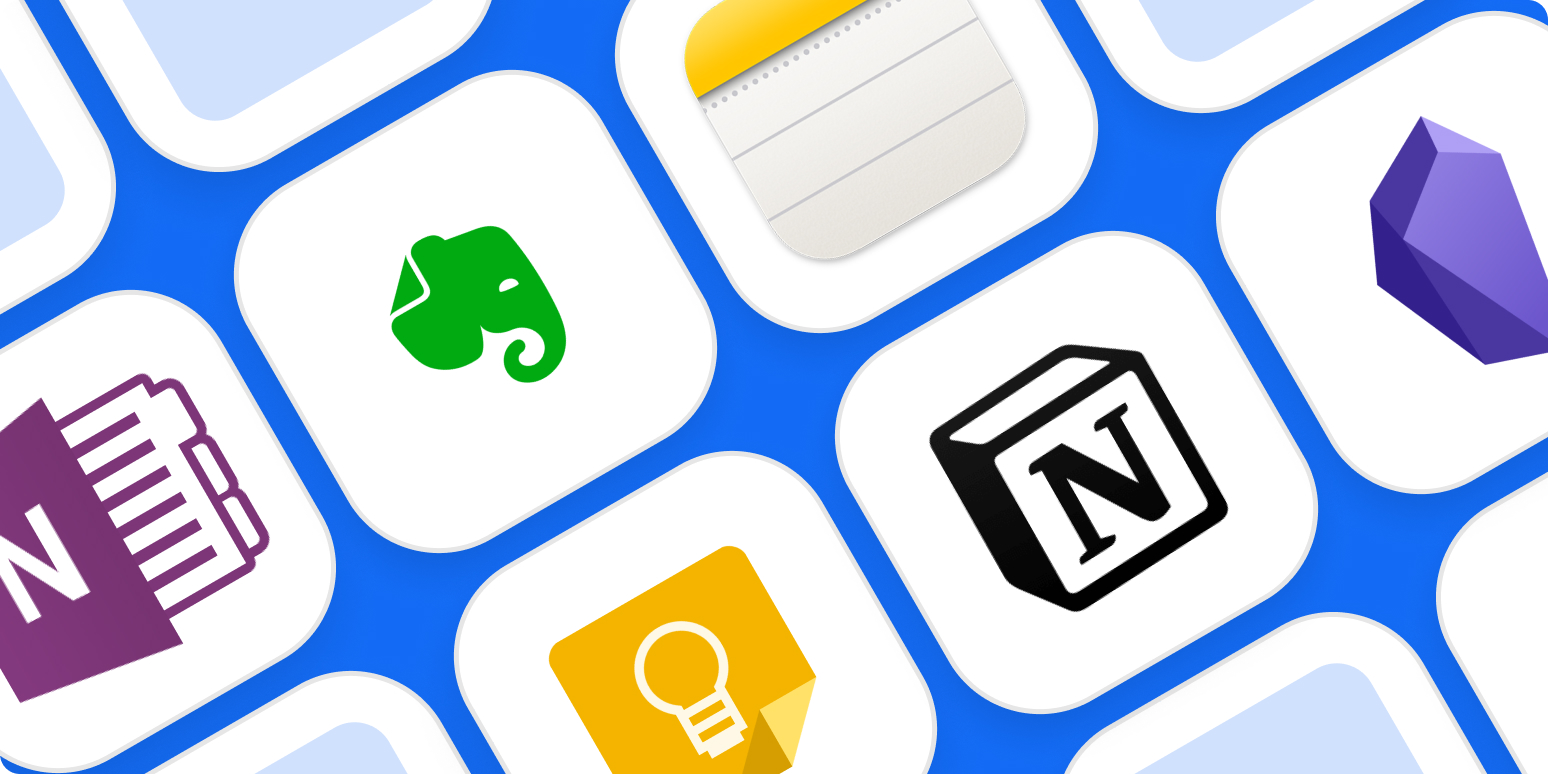

These buyers most often can function exclusively with the core capabilities described in the “common features” section. Most of the buyers we speak with are smaller businesses, or smaller departments within larger businesses, which don't require capabilities beyond tracking contact information. Regardless of what the system is called, deciding between a basic contact management system or a more robust CRM system could depend on a variety of factors. For more information on CRM software, visit our buyer’s guide.ĭespite many vendors differentiating their systems in this way, you might still encounter systems that have more features than another product described as being a CRM system, and vice versa. Depending on the CRM application, the system might also offer features for marketing automation, sales force automation, customer service, field service and help desk and call center management. Typically, CRM systems include the most common contact management features described in the previous section however, they might also incorporate more robust workflow automation, reporting and interaction tracking, among other features. Often, these tasks can be selected from a drop-down menu, which allows you to standardize workflow.Ĭontact Management vs CRM: What's the Difference?Ĭontact tracking software is essentially a more basic version of a customer relationship management (CRM) system, although vendors sometimes use these terms interchangeably, particularly when discussing CRM systems designed for small businesses. Then, when that person closes out the task, management receives an alert. Often, staff will be notified when a to-do is assigned to them. Think of it as a sort of index for your accounts, allowing you to quickly find customers of a certain type.Īllows you to create to-dos for your team within each contact profile. These tags are often highly customizable, so businesses can create groups by geographic region or project, for example. Tagging features allow users to quickly pull subsets of customers at once. Often, users can simply drag and drop files from their desktop or, they can quickly click to upload them to the contact profile. These features allow them to easily store these contracts, proposals and other files in account profiles. Your team likely creates a variety of documents during the course of their relationship with each customer. This might be notes from a recent call or meeting, or comments about the best time or day of the week to reach a certain person. In addition to storing contact information, your team might also want to make notes about a particular customer or opportunity. This might include reminders to follow-up with an active opportunity in your pipeline, or a task for an account manager to send a renewal contract to one of your customers. These features allow users to schedule events and tasks and associate them with a contact in your database. In addition to the core capabilities described in the previous section, contact tracking systems might also include the following features. Common Features of Contact Management Software Rather than trapping contact information in your team’s individual inboxes or address books, everyone maintains a single view of the customer.

These systems are designed to increase efficiency by consolidating critical customer data into one tool.

These databases are often easily searchable and store important documents within each contact profile. This can include customers’ names, addresses, phone numbers, email addresses and even social media profile information. At its core, contact management programs store customer contact information.


 0 kommentar(er)
0 kommentar(er)
